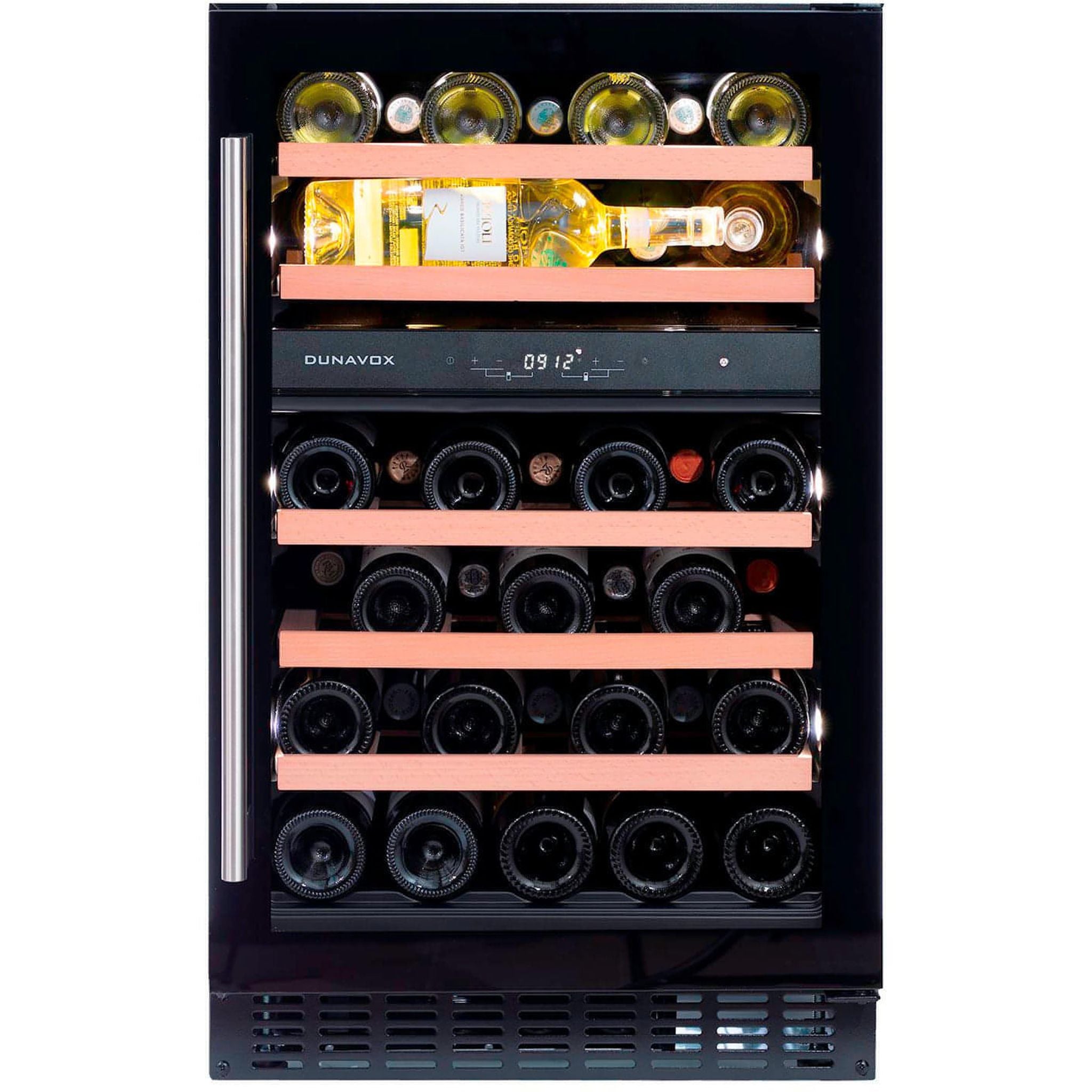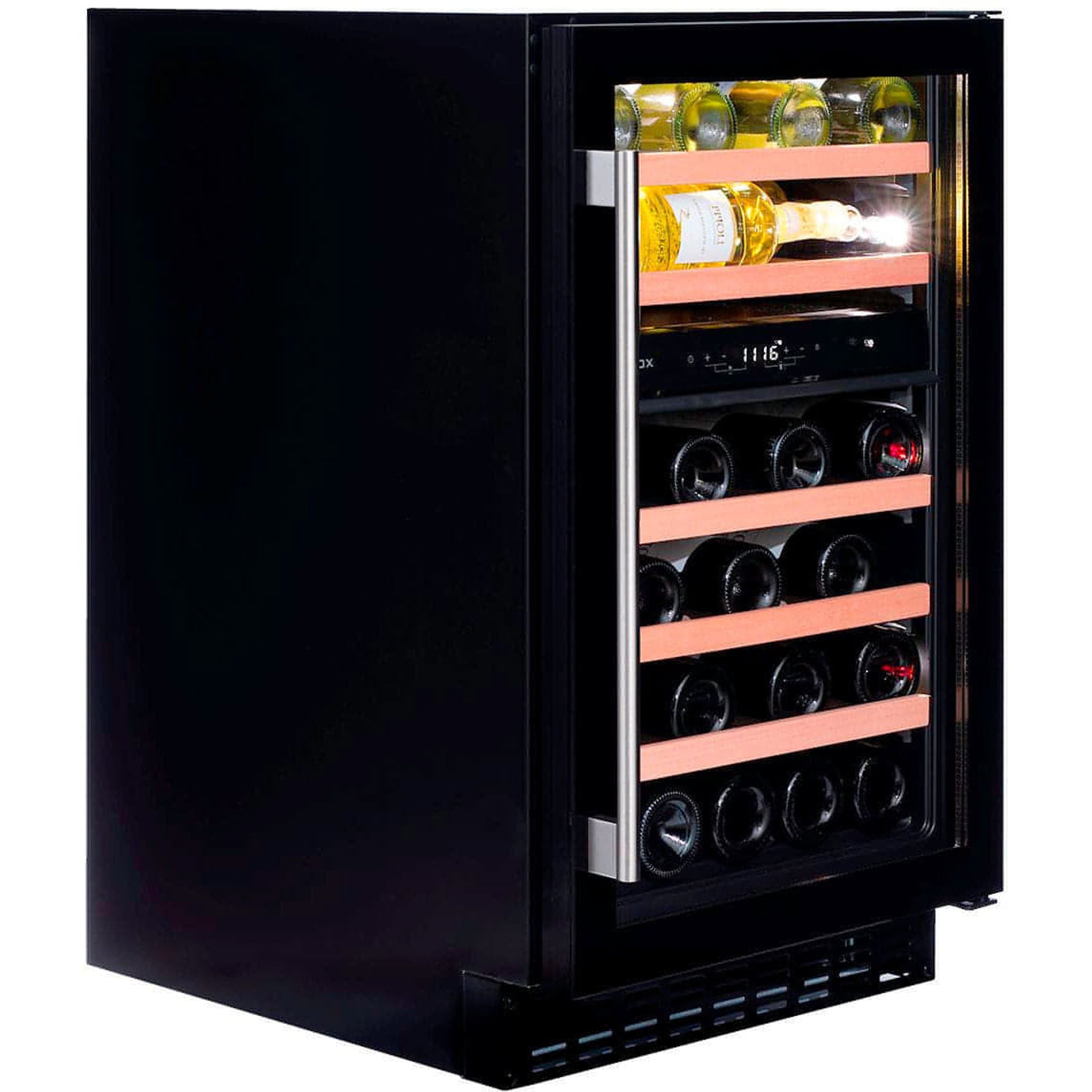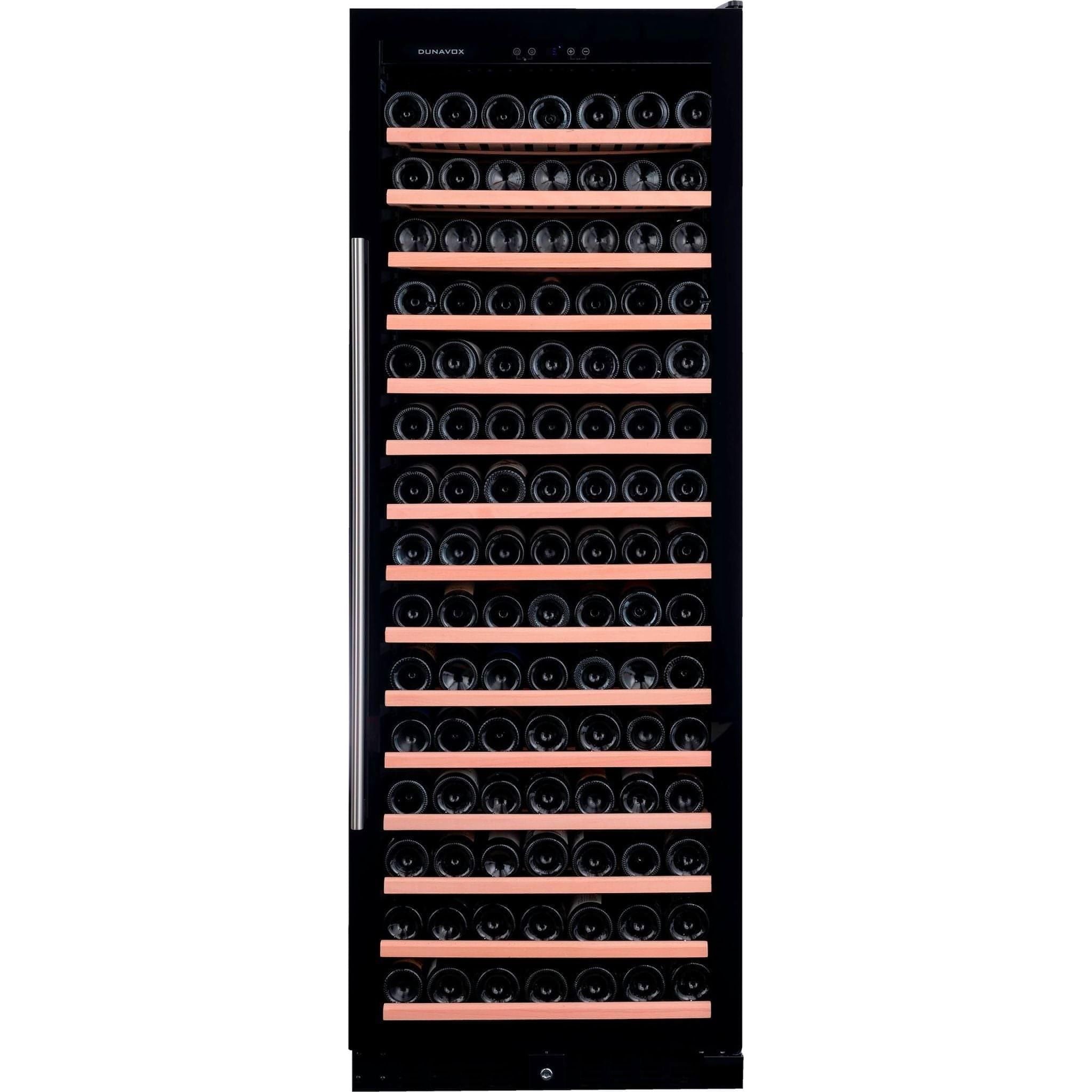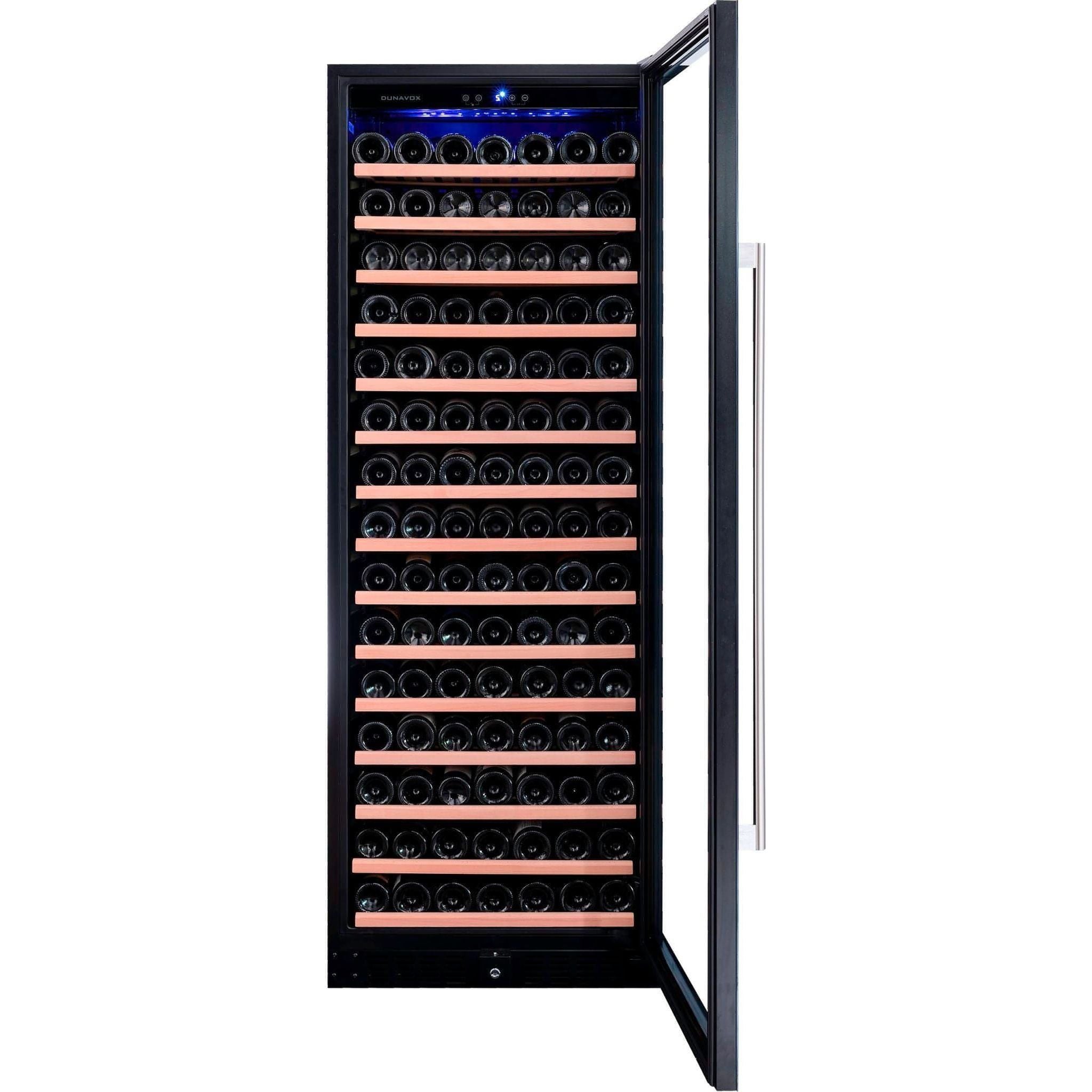Veganuary is the perfect time to learn about vegan products, and vegan wine is no exception.
You may be surprised to hear that not all wine is vegan, especially if this is your first time trying a vegan diet or participating in Veganuary.
Veganuary is all about spreading awareness of the reasons behind veganism - for example, animal cruelty, our health, and saving the planet.
Switching from regular wine to vegan wine is an important step if you’re beginning a vegan diet. But why isn’t wine vegan? And how exactly do you choose vegan wine?
We’ve got you covered. Keep reading to learn more about vegan wines and how you can find the best vegan wines.
Why Isn’t All Wine Vegan?
To understand why wine contains animal products, it’s best to start at the beginning. Once the grapes are collected from the vines, they get fermented.
The fermentation process involves adding yeast to the grape mixture. The yeasts essentially consume the naturally occurring sugars in the grapes, converting the sugars into ethanol (alcohol), heat, and carbon dioxide (bubbles).
The carbon dioxide is a byproduct that simply releases into the atmosphere, and isn’t an important part of the winemaking process.
After the wine has been through the fermentation process, it will likely appear cloudy and have sediment floating around. Cloudy wine is completely natural and won’t do you any harm - the sediment that you may find floating around simply consists of yeast, proteins, and other organic residues.
However, many people prefer clear wine and don’t like the look of cloudy wine. This is why winemakers put the wine through the next stage of the winemaking process - the fining process.
The fining process involves adding fining agents into the wine which works to rid the wine of any unwanted aromas, textures, and flavours. Fining the wine stabilises the wine, ridding it of any unwanted sediment.
However, some fining agents can contain animal products. Some common animal product fining agents include casein (milk protein), isinglass (fish bladder protein), albumin (egg whites), and gelatine (animal protein).
Chances are, you’ve heard of most of these - but you may be wondering what exactly isinglass is. It’s a kind of gelatine that has been obtained from the dried bladder of fish and is commonly used to fine white wines.
The fining agents get removed once the wine has been fined - they’re either filtered out or they evaporate out. However, once the fining agents get filtered out, the final product is still unsuitable for vegans as they have come into contact with animal products.
What Is Vegan Wine?
Vegan wine is wine that doesn’t contain animal products. You may be surprised to hear that not all wine is suitable for those with a vegan, plant-based or even vegetarian diet.
During the fining process, animal products are used as fining agents. However, with vegan wine, no animal products are used as fining agents and vegan-friendly alternatives are used.
Often, vegan wine will be organic - and the wine won’t have gone through the fining process. Some people prefer the flavours of non-filtered wine, as they believe it’s more natural and has heavier flavours and aromas.
However, many vegan vintners will use alternative fining agents that don’t contain animal products - for example, silica clay, silica gel, kaolin (clay mineral) or pea gelatine.
More and more vintners are avoiding using fining agents that contain animal products, and are using vegan-friendly alternatives instead.
How Do I Choose Vegan Wines?
It can be difficult to know which wine is vegan and which wine contains animal products when you’re shopping in your local newsagents or supermarket.
Unfortunately, it’s not as easy as looking for the green ‘V’ symbol on the label. Although more vintners have started advertising their vegan wine as vegan, many more manufacturers are yet to follow suit.
This is because manufacturers aren’t legally required to include fining agents on the labels, as they have been used in small amounts and filtered/ evaporated out of the wine after they’ve done their job. Many vintners won’t advertise their wine as vegan either, even when it is suitable for vegans.
The good news is that there are certain terms that you can look out for to help you understand which wines you can drink if you’re completing Veganuary or you have a vegan diet.
Unfiltered wine won’t contain animal products as no fining agents are used - so look out for the terms ‘non-filtre’, ‘sins-filtar’, and ‘non-filtrato’. This means non-filtered in French, Spanish, and Italian.
Look out for the words ‘unfined’ on the label too, as this will determine whether the wine is suitable for vegans or not. After all, if it hasn’t been fined, then no animal products have been used in the winemaking process.
It could also help to look for organic wines. Organic wines are typically unfiltered, meaning that they are suitable for vegans. However, this isn’t always the case so it’s best to contact the manufacturer or ask other vegans if they know.
In 2023, more and more manufacturers are providing vegan options to meet the rising demand. Part of the reason for this is due to the awareness that Veganuary brings, and the rise in people opting for vegan choices throughout the month of January.
A decade ago, you would’ve been surprised to walk into Tesco and see whole aisles dedicated to vegan products - but now, it’s the norm in many supermarkets.
More people are opting for a vegan diet, and manufacturers are keeping up with the rise in veganism.
Another way that you can find quality vegan wine is by searching on the internet. One of the best vegan wines is ThinK Wine, who offer low-calorie, organic, vegan wine Prosecco and Rosé.
Asking other vegans is always a great option, so why not join a vegan wine Facebook group, or ask your LinkedIn connections what their favourite vegan wines are?
Remember, wine is always best stored in certain conditions. Wine coolers provide the perfect conditions for your wine, whether you plan on storing it in the short term for serving, or in the long term for ageing. Click here for our selection of quality wine coolers!





